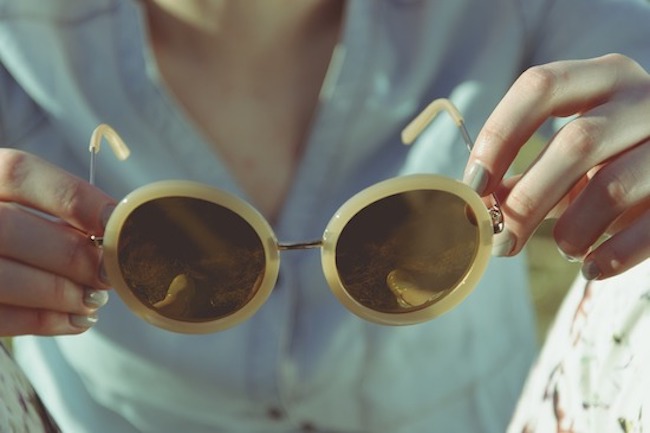Popular sunscreens recalled over cancer-causing ingredient; FDA investigating by: Cassie B. for Natural News
Many people wouldn’t dream of spending long days outside enjoying the summer sun without generous amounts of sunscreen, but those who are using one of five popular formulas could end up developing the very disease they are hoping to avoid: cancer.
Neutrogena and Aveeno recently pulled several of their sunscreens from market shelves after independent testing revealed that they had been contaminated with benzene, a chemical that is known to cause cancer. The National Cancer Institute reports that exposure to benzene raises a person’s risk of developing leukemia as well as other blood disorders.
The FDA is now investigating how the toxic chemical ended up in the sunscreens. Spokesman Jeremy Kahn said: “The root cause of the benzene found in recalled sunscreen products is the focus of ongoing investigation. We will continue to monitor sunscreen manufacturing and marketing to help ensure the availability of safe sunscreens for U.S. consumers.”
The contamination was discovered after independent lab tests by Valisure of 294 samples of 69 brands of lotions, sprays, creams and gels aimed at sun protection and after-sun care. Seventy-eight of the 294 samples tested positive for benzene.
The CEO and founder of Valisure, David Light, said: “The finding of benzene in sunscreen was certainly surprising to me as a scientist and a consumer. I’m quite a heavy user of sunscreen myself; I have five kids and we all use sunscreen, so it was rather concerning to find such high levels.”
In a petition to the FDA by the company, it was noted that some of the batches tested had as many as 3.1 times the conditionally restricted limit of the toxic chemical. Light believes the benzene will be traced to contaminated raw materials because the contamination was seen in a scattered manner among different brands and even within specific brands. This makes it unlikely to be an issue with ingredients. He added that he does not think the problem is inherent to sunscreens in general or aerosol sunscreens.
All of the sunscreens involved in the recall were spray formulas. Neutrogena has recalled its Beach Defense, Cool Dry Sport, Invisible Daily and Ultra Sheer aerosols, while Aveeno has recalled its Protect + Refresh aerosol.
In a statement, Johnson & Johnson advised consumers to stop using the products and get rid of them. “While benzene is not an ingredient in any of our sunscreen products, it was detected in some samples of the impacted aerosol sunscreen finished products,” they admitted.
Customers can get questions answered and request refunds by completing an online form for calling the company at 1-800-458-1673.
In addition, CVS drugstore has stopped selling its own brand of after-sun care products for the same reason. The affected products are the CVS Health After Sun Aloe Vera and the CVS Health After Sun Aloe Vera Spray. The company points out that the products were not recalled, but they have paused sales “out of an abundance of caution.” They are also working with their supplier to rectify the situation.
No safe level of benzene in sunscreen products
Yale University Associate Professor of Dermatology Dr. Christopher Bunick said that there is no safe level of benzene in sunscreen products, with even 0.1 parts per million being enough to expose individuals to an excessively high nanogram amount of benzene.
Experts suggest choosing lotions to avoid the inhalation risks involved with sprays; sprays also tend to provide inadequate protection. Be sure to choose sunscreens that are completely natural, like those that are zinc oxide-based, and check ingredients lists carefully to ensure you know what you are putting on your body. However, it is also a good idea to spend some time outside without sunscreen – perhaps 10 or 15 minutes, depending on your skin type and where you live – to spur your body to create health-protective vitamin D.




